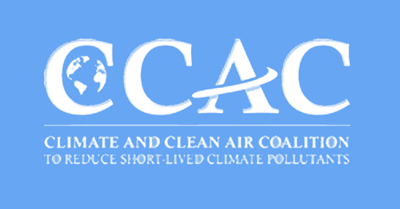Warsaw, Poland, 21 November, 2013 – Ministers and other leaders of 42 countries and organizations of the Climate and Clean Air Coalition (CCAC) came together to celebrate first successes and to enhance further action on short-lived climate pollutants (SLCPs). The Coalition’s 10 action-oriented initiatives are starting to tackle some of the leading causes of global near-term climate change, premature death, and crop damage.
- In Warsaw, ministers celebrated the Coalition’s most recent successes across the highest-emitting sectors, including:Launching a Green Freight Call to Action, a year-long endeavor to bring together countries and companies around the world to put in place common-sense strategies to reduce energy use and black carbon emissions from heavy-duty freight around the world;
- Working with 20 cities to implement new municipal solid waste action plans, launching city-exchange mentoring programs and a virtual knowledge platform;
- Developing an Oil and Gas Methane Partnership to work with multinational energy companies to tackle methane emissions;
- Launching and funding an agriculture initiative to help reduce open burning of agricultural wastes and methane emissions from livestock manure;
- Engaging Bangladesh, Chile, Peru, Vietnam and ASEAN countries to create black carbon inventories, low sulfur fuel targets and heavy-duty diesel task forces and coalitions;
- Making progress towards launching a pay-for-performance facility to stimulate initial phase financing for shovel-ready methane-reducing projects, including some preliminary pledging, to stimulate financing for short-lived climate pollutant projects; and
- Working with six countries to create national-level inventories of HFCs, with a case study of non-HFC refrigeration in the Maldives about to begin.
The CCAC was launched by the United Nations Environment Programme (UNEP) and six countries on February 16, 2012, and has since grown to 75 partners. The CCAC aims to catalyze rapid reductions in short-lived climate pollutants. CCAC Ministers last met in Oslo in September, agreeing on ambitious priorities for advancing SLCP reductions globally (see the Oslo Communiqué).







